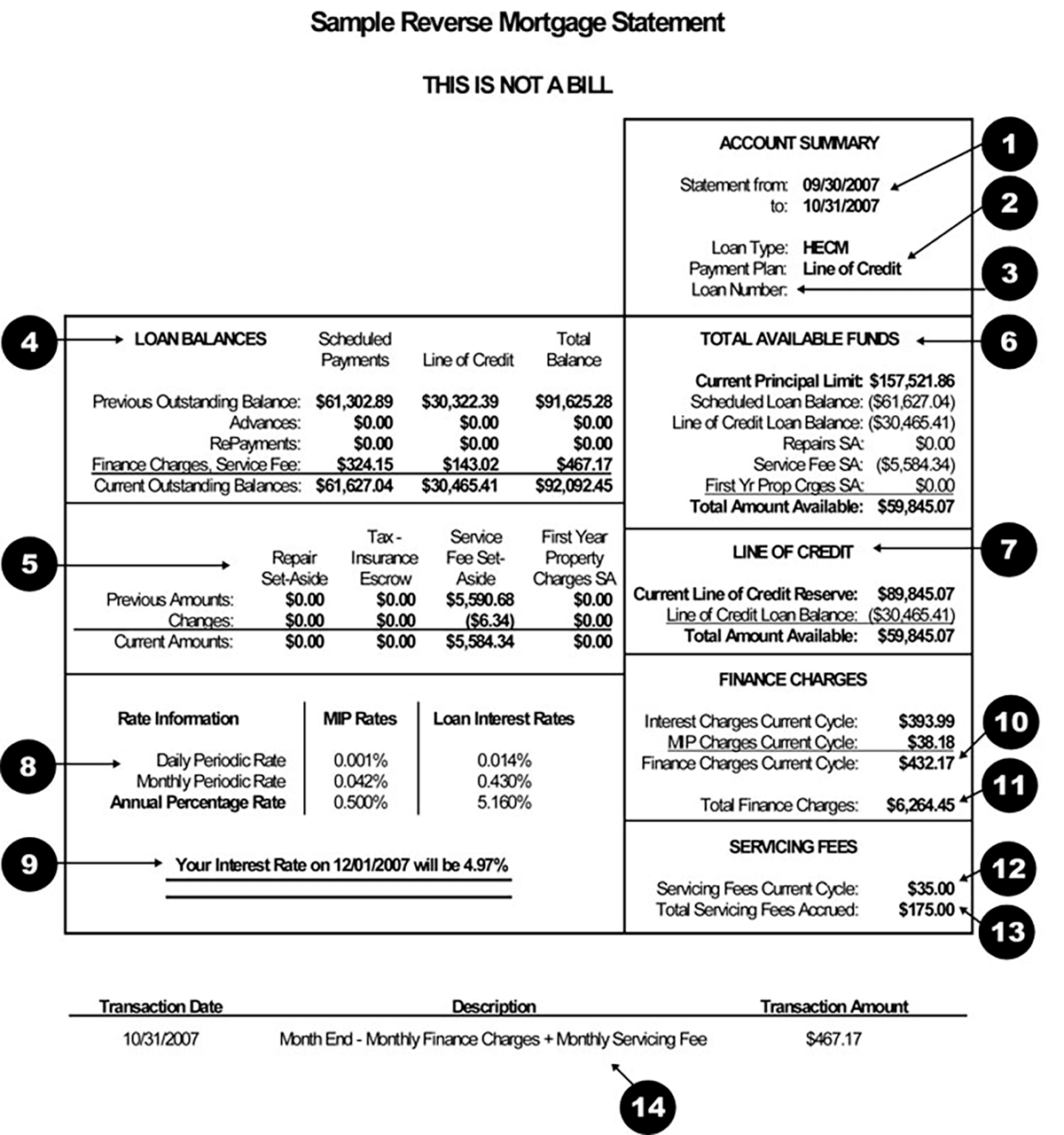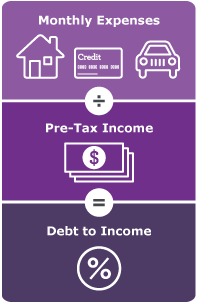How To House Mortgages Work Can Be Fun For Everyone
tax on their around the world income and might go through tax and other filing responsibilities with regard to their U.S. and non-U.S. accounts. U.S. persons need to seek advice from a tax advisor to learn more. Investment and particular insurance items, consisting of annuities, are used by HSBC Securities (U.S.A.) Inc. (HSI), member NYSE/FINRA/SIPC.

Deposit items are used in the U.S. by HSBC Bank USA, N.A. Member FDIC. Home mortgage and home equity products are used in the U.S. by HSBC Bank USA, N.A. and are just available for homes found in the U.S. Subject to credit approval. Debtors should meet program qualifications. Programs go through change.
Discount rates can be cancelled or go through alter at any time and can not be integrated with any other deal or discount rate. If you are a service member on active service looking to refinance your home mortgage loan, please consult your legal advisor relating to whether your existing mortgage is qualified for advantages under the Servicemembers Civil Relief Act and how a refinance might affect those advantages.
Shopping around for a mortgage or home mortgage will help you get the very best financing offer. A home mortgage whether it's a home purchase, a refinancing, or a house equity loan is an item, just like a cars and truck, so the price and terms may be flexible. You'll desire to compare all the expenses included in obtaining a mortgage - how do arms work for mortgages.
Obtain Details from Numerous Lenders Obtain Very important Expense Info Home mortgage are available from several kinds of loan providers thrift institutions, commercial banks, home loan companies, and credit unions. Various lending institutions might estimate you various costs, so you must call several lenders to ensure you're getting the finest cost. You can likewise get a home mortgage through a home loan broker.
A broker's access to numerous loan providers can imply a larger choice of loan products and terms from which you can select. Brokers will normally contact a number of lenders regarding your application, but they are not obligated to discover the finest deal for you unless they have actually contracted with you to act as your agent.
The Definitive Guide for How Does Underwriting Discover more Work For Mortgages
Whether you are dealing with a loan provider or a broker may not always be clear. Some financial organizations run as both lenders and brokers. And many brokers' ads do not use the word "broker." Therefore, be sure to ask whether a broker is included. This information is essential since brokers are normally paid a fee for their services that may be separate from and in addition to the lender's origination or other fees.
You ought to ask each broker you work with how she or he will be compensated so that you can compare the different charges. Be prepared to work out with the brokers along with the lending institutions. Make certain to get details about home mortgages from several lenders or brokers. Know just how much of a deposit you can pay for, and discover all the costs associated with the loan.
Request information about the exact same loan amount, loan term, and type of loan so that you can compare the info. The following information is very important to receive from each lender and broker: Ask each lender and broker for a list of its current home loan rates of interest and whether the rates being priced estimate are the lowest for that day or week.
Bear in mind that when interest rates for variable-rate mortgages go up, usually so do the monthly payments. If the rate estimated is for an adjustable-rate home loan, ask how your rate and loan payment will vary, including whether your loan payment will be lowered when rates go down. Inquire about the loan's annual portion rate (APR).
Points are fees paid to the loan provider or broker for the loan and are often linked to the rates of interest; typically the more points you pay, the lower the rate. Check your local paper for information about rates and points presently being used. Ask for indicate be priced estimate to you as a dollar amount instead of just as the variety of points so that you will understand just how much you will really need to pay.
Every lending institution or broker must have the ability to provide you a quote of its costs. Numerous of these fees are flexible. Some costs are paid when you get a loan (such as application and appraisal fees), and others are paid at closing. In some cases, you can borrow the cash needed to pay these fees, but doing so will increase your loan quantity and overall costs.
All About How Do Interest Only Mortgages Work
Ask what each charge consists of. A number of items may be lumped into one fee. Ask for a description of any cost you do not comprehend. Some typical fees associated with a house loan closing are noted on the Mortgage Shopping Worksheet. Some loan providers require 20 percent of the house's purchase rate as a down payment.
If a 20 percent deposit is not made, loan providers generally require the homebuyer topurchase personal home mortgage insurance (PMI) to secure the loan provider in case the property buyer stops working to pay. When government-assisted programs like FHA ( Federal Real Estate Administration), VA (Veterans Administration), or Rural Advancement Services are available, the deposit requirements may be significantly smaller sized.
Ask your loan provider about special programs it might offer. http://laneyswg836.huicopper.com/the-8-minute-rule-for-obtaining-a-home-loan-and-how-mortgages-work If PMI is required for your loan Ask what the total expense of the insurance coverage will be. Ask how much your regular monthly payment will be when the PMI premium is included. Once you know what each loan provider needs to offer, negotiate the finest offer that you can.
The most likely factor for this difference in price is that loan officers and brokers are often permitted to keep some or all of this distinction as extra payment. Generally, the difference in between the most affordable offered cost for a loan product and any higher cost that the borrower consents to Home page pay is an overage.

They can happen in both fixed-rate and variable-rate loans and can be in the kind of points, costs, or the rate of interest. Whether quoted to you by a loan officer or a broker, the price of any loan might consist of overages. Have the lending institution or broker document all the costs associated with the loan.
You'll wish to make sure that the loan provider or broker is not concurring to lower one cost while raising another or to decrease the rate while raising points. There's no damage in asking loan providers or brokers if they can offer much better terms than the initial ones they priced quote or than those you have actually discovered somewhere else.
Not known Incorrect Statements About How Does Mcc Work Mortgages
The lock-in should include the rate that you have actually concurred upon, the period the lock-in lasts, and the variety of indicate be paid. A cost may be charged for locking in the loan rate. This fee may be refundable at closing. Lock-ins can secure you from rate boosts while your loan is being processed; if rates fall, however, you might wind up with a less-favorable rate.
When buying a house, remember to look around, to compare costs and terms, and to work out for the finest offer. Your local paper and the Internet are great locations to start looking for a loan. You can usually discover details both on interest rates and on points for numerous lenders.
